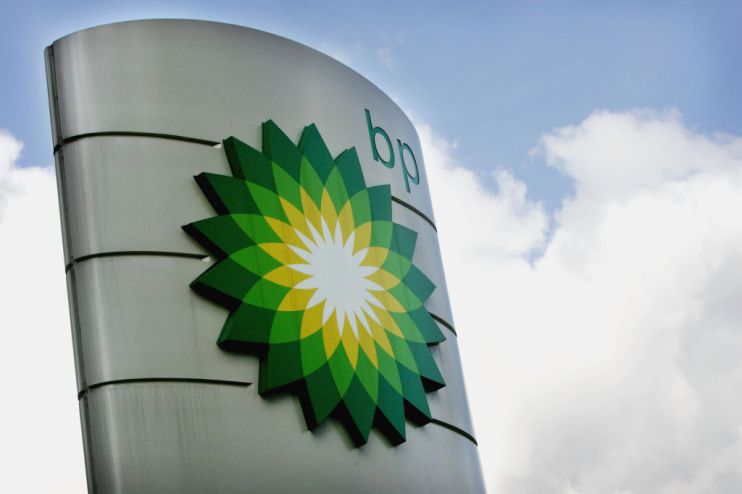BP boss Bernard Looney pledges to stick to plans for oil and gas output cuts

BP chief executive Bernard Looney says he will not further scale back his energy transition strategy after ceding some ground earlier this year, despite investors penalising the group over its plan to break away from rivals in cutting oil and gas output.
Taking office in February 2020 with a vow to reinvent the 114-year-old company, Looney laid out ambitious plans for the British energy giant to achieve zero net emissions by 2050, and to invest billions in renewable and low-carbon power.
Since then he has navigated the group through some of the most tumultuous years in modern history, from COVID-19 to a rapid exit from Russia following the invasion of Ukraine last year, an energy price shock, and a global cost of living crisis.
Earlier this year BP scaled down plans to cut hydrocarbon production by 2030, to 25 per cent from 2019 levels from 40 per cent previously.
However, it remains the only major oil company aiming to reduce output by the end of the decade.
Rival Shell plans to maintain oil production and grow its gas output by 2030, while Total Energies also aims to grow output.
Investors have responded coolly to the transition plan.
BP’s shares have risen around four per cent since Looney took office, against gains of around 20 per cent and 29 per cent for European counterparts Shell and TotalEnergies, and increases of 50 per cent and 80 per cent for US rivals Chevron and Exxon Mobil.
Oil and gas remain BP’s main source of revenue by a large margin, helping lift the company’s profits to a record $28bn in 2022.
But Looney said he won’t be slowing its shift away from hydrocarbons any further.
“We’re holding our nerve on the transition,” the 53-year-old Irishman said in an interview with Reuters in his office at BP’s headquarters in central London.
“I believe that’s what the world needs. And I believe it’s our job to prove that is in the long-term interests of our shareholders.”
Reuters – Ron Bousso and Dmitry Zhdannikov
